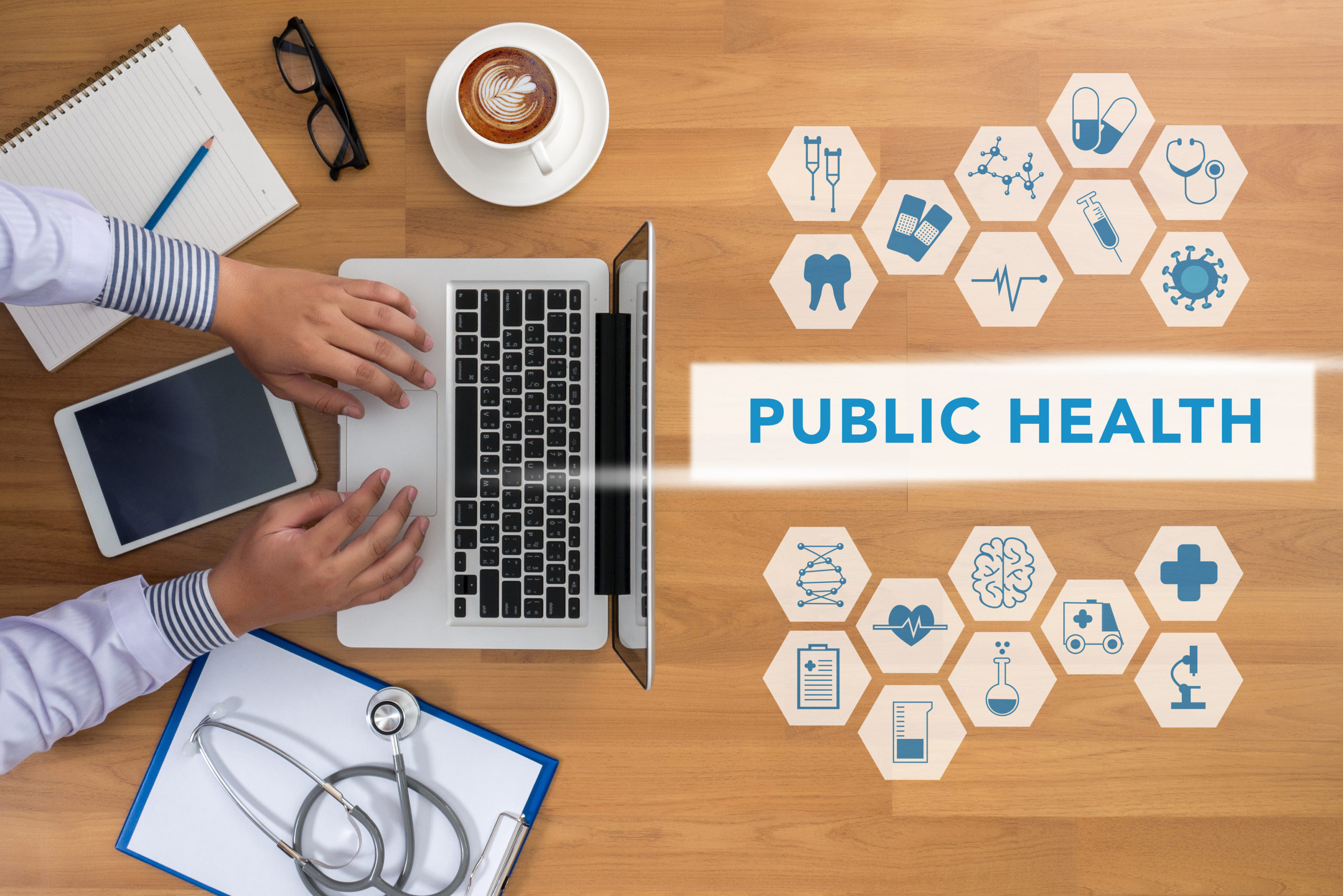The importance of public health is that it combines different disciplines for the promotion of health, prevention of diseases, and extension of life among populations. The common disciplines include medicine, epidemiology, sociology, health policy, and environmental health.
Core Functions of Public Health
This area of concern provides monitoring of the health status of populations in order to identify the health issues they are experiencing. It also conducts research so that health professionals can understand health trends and corresponding risks.
In addition, it promotes the development of health policies and strategies so that health issues in the community are properly addressed. It also advocates for laws that will improve health outcomes, including anti-smoking regulations.
Moreover, it provides assurance that necessary healthcare services are just within reach. Likewise, public health is also focused on the enforcement of health standards and regulations.
Importance of Public Health
The most significant reason behind the importance of public health is the ability to prevent disease. This can be done through the enforcement of public health initiatives, such as sanitation, vaccinations, and health education, in order to prevent diseases and reduce their impact.
On the other hand, it also aims to promote health through education, campaigns, and community programmes. Part of this initiative is to plan and respond to health crises like bioterrorism, natural disasters, and pandemics.
Most of all, the reduction of burden of diseases will eventually decrease the costs for healthcare and boost productivity over time.
Relevance of Master of Public Health
If you are among the individuals who are passionate about making a tangible difference in population health, then you should earn a Master of Public Health (MPH). Here are popular reasons why a master’s degree in public health is making a huge impact these days.
- Career Opportunities
Once you are a graduate in MPH, you will notice the abundance of opportunities for diverse roles in public health that come your way. These include environmental health, epidemiology, global health, health policy, and more. Employers will range from government agencies, healthcare organisations, and international bodies like UNICEF and the WHO.
- Skill Development
There are also other benefits that you can get out of MPH programmes. For one, MPH programmes will teach critical skills like data analysis, health programme management, policy formulation, and communication strategies. Note that these competencies are quite in demand across different sectors as they address health disparities and systemic challenges.
- Global and Local Health Challenges
Public health professionals are also quite keen on tackling issues like climate change, non-communicable diseases, and pandemics. Having a master’s degree in public health will help you create evidence-based solutions specifically designed for specific populations.
In addition, earning this degree will help you prepare to lead public health initiatives, advocate for health equity, and influence policy.
Who Can Benefit From MPH
Mostly healthcare professionals use the degree they earn to transition into policy-making, research, or community health leadership roles. Similarly, recent graduates can also benefit from it, especially those with backgrounds in biology, sociology, and environmental science.





